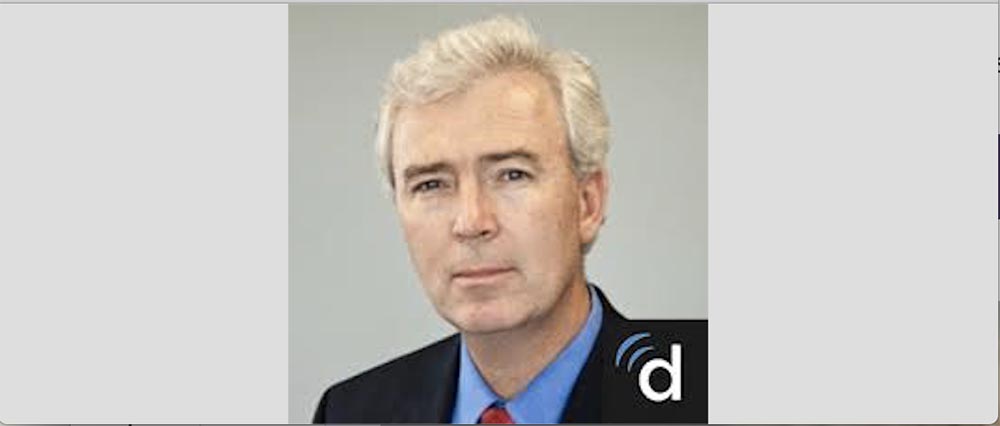1. What do you think is the biggest challenge with the UnitedStates healthcare system - and if you were in charge, how would you address it?
The for-profit health insurance industry as it exists today creates a series of perverse incentives to do more testing and expensive procedures, often at a personal cost to the patient’s wallet and health. Virtually all providers, hospitals, doctors, pharmacies, and pharmaceutical manufacturers operate in response to third party insurance reimbursements with procedures, medications, and cures positioned and priced to maximize reimbursement from health insurers.This dynamic has moved the focus of care from the patient to the provider’s revenue stream. I would immediately move to increase the alignment of reimbursements with patient outcomes.
2. In your experience, what are the 3 biggest challenges you seepeople face when seeking healthcare or navigating the healthcare system?
1. Lack of accountable primary care: As morephysicians engage employment through large regional hospital based systems,their patient interactions become shorter and shorter (typically 7 minutes).This has a negative impact on patient health in two ways:
The brief interaction often does not allow for athoughtful analysis of the patient’s problem and may prompt doctors to just order more tests.
The primary care physician, because of such limitedinteraction, may not feel a sense of accountability orresponsibility for their patient’s outcome.
2. Because of a lack of primary care, the patient is left towander the healthcare system and is often ill-equipped andill-informed to make good decisions about their own healthcare. This is also avery expensive dynamic for patients, especially those with a high deductibleinsurance plan.
3. There’s no transparency to the pricing of healthcare services.Physicians are often unaware of the true cost of their care plans andrecommendations. This prevents the market at large from becoming more efficientand passing on the resulting savings to consumers (patients).
3. Please share an experience that you or an associate has hadnavigating the healthcare system that opened your eyes to a need for a betterprocess or better information.
Recently,I went to my local community hospital for a local MRI of my lower back. Theadministrative intake officer assured me that the hospital would take my insurancefor this procedure. I had had a similar MRI one-year previously at a localimaging center for $824. I was thus shocked to receive a bill for $6000. Minusthe $824 my insurer paid, the hospital was demanding an immediate payment onthe balance of $5176. No apparent effort at any time was made by the hospitalto share with me the true cost of this procedure or explain the reasoning forthe high costs.
4. Mr. Rogers once said, "look for the helpers."Which individuals, institutions, companies, or advocacy groups do you seeplaying a role in helping us navigate the complex and opaque US healthcaresystem?
Thereare no “helpers” within the current conventional healthcare system. There arepatient advocates, but the engagement of their services is often too little andtoo late in relation to the original problem and its related cost. Operatingoutside the conventional system are concierge physician practices, privatehealth advisories, and companies like WorldClinic that restore accountability,source quality care, and enforce the need for transparency in pricing. However,in aggregate these firms have a very small voice in the national healthcaredialogue.
Bythe year 2040, the biggest healthcare innovation will be what we currently call“connected prevention or primary care.” The idea behind this concept isstraightforward: simple connectivity in the form of smartphones etc. willenable patients to pursue best practices in preventive care, i.e. exercise,diet, and medication compliance, as well as enable at-home tracking andmanagement of simple chronic diseases like obesity, hypertension, and diabetes.This care will occur outside the walls of a hospital or physician’s office. Inaddition to connected primary care, the integration of intelligent carealgorithms will remove a huge clinical burden from current primary careproviders (which are in short supply and will remain so for the foreseeablefuture)
Daniel Carlin, MD, pioneered WorldClinic’s innovativeconcierge telemedicine model after a decade of experience in demanding healthcare environments, first as a U.S. Navy Chief Medical Officer then as a refugeecamp physician. Trained in surgery and emergency medicine, Dr. Carlin isboard-certified in Emergency Medicine and holds a consultant-staff appointmentat Lahey Clinic and Medical Center in suburban Boston.



